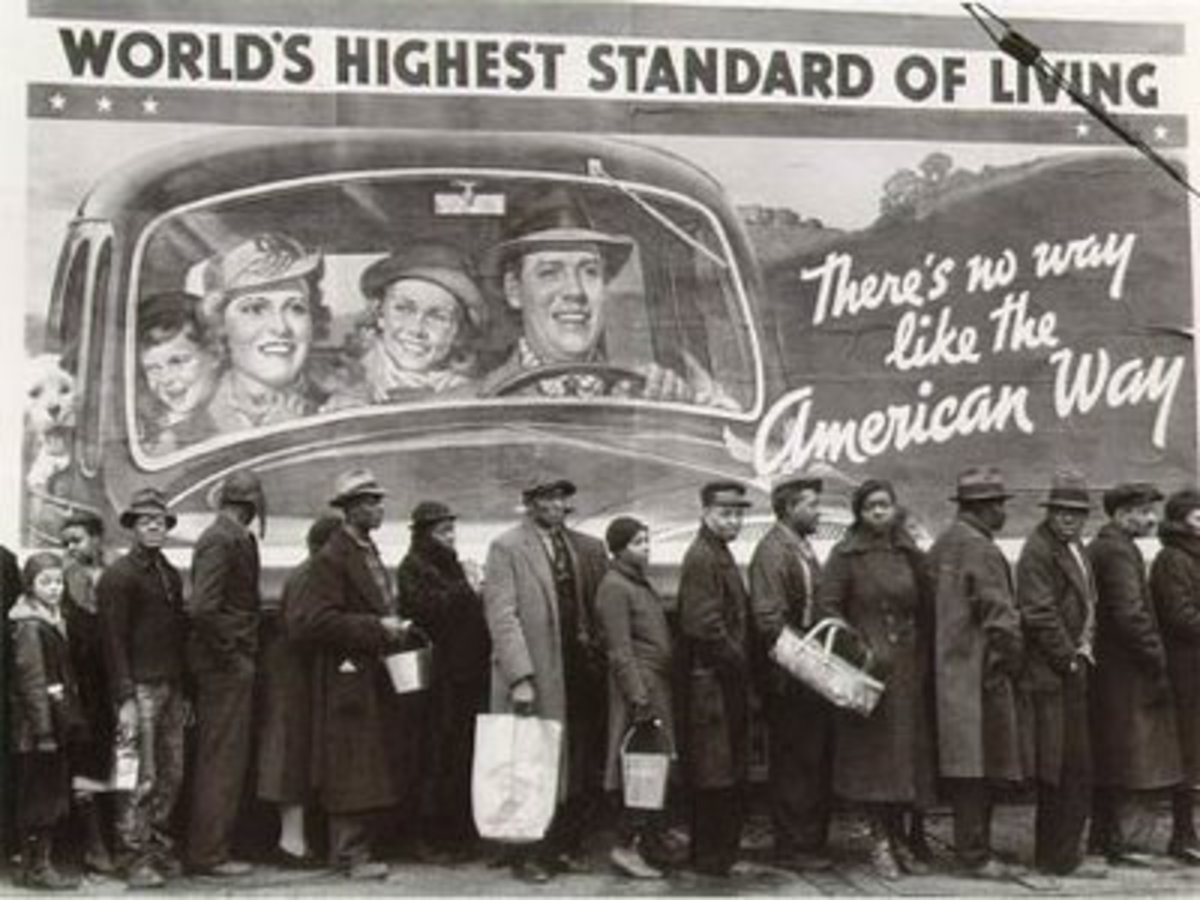Economic and Financial Instability in Nigeria
Economic and financial instability in Nigeria
WHAT IS ECONOMIC INSTABILITY?
To begin with, Economic instability involves a shock to the usual workings of the economy and it tends to reduce confidence and lower investment, lower spending, lower growth and higher unemployment.
WHAT IS FINANCIAL INSTABILITY?
Financial instability is a condition in which the financial system is unstable, it is a disturbance to financial markets, it is associated mainly with falling asset prices. Financial instability shocks the appear in financial system and disarray the flow of information.
ECONOMIC AND FINANCIAL CRISIS IN NIGERIA
These two factors led to severe scarcity of funds in the banking industry and huge non-performing loans. The global financial crisis brought about credit freeze which led to declining consumer and industrial demand in Nigeria. As a result, demand for crude oil as well as the price fell drastically.
THE EFFECTS OF GLOBAL FINANCIAL CRISIS ON NIGERIA ECONOMY
The world economy is facing the most severe financial crisis since the great depression of the last century. The risk of global recession has heightened significantly commodity prices which is the mainstay of most developing countries like Nigeria. If this situation continues, developing countries could be in great jeopardy. This study examined the influence of the global financial crisis on Nigeria economy. It was discovered that the financial crisis will cause fall in commodity prices, decline in export, lower portfolio, fall in equity market etc. It was recommended that the federal government should come up with the intervention policies that will minimize these effects and jump start the economy and that business operator should learn to do things using resources at the disposal to develop and expand at manageable level to stem the tide of the crisis.
Apart from the challenges of Global Economic recession, there is issue of growth rate of unemployment along all demographic lines. Unemployment has causes so many societal vices in the country because it has rendered some of the young and vibrant youths of this country hopeless which has made to indulge in a sorts of societal vices and miscreant behaviours such as Armed robbery, kidnapping, Engaging in money rituals, Cultism with is the main problem of the youths. Scholars are also worried on whether there is any relationship between Global Economic recession and training and development of human capital in Nigeria.
The dangers of an economy is largely based on oil revenue. Government should respond to financial crisis by adopting expansionary macroeconomic policies, such as increasing money supply, increasing government spending and decreasing taxation.
WAYS TO CURB ECONOMIC AND FINANCIAL CRISIS
Like traffic fatalities, financial crises are bad, so the fewer, the better. When we look at financial crises and really think about the historical record (and what was discussed at this conference), financial crises are in essence banking crises. So as with traffic, you can try to make a safer banking sector by having prudential rules and credit standards, and so on. You can also try to make safer bankers and better bank supervisors by exchanging experiences at conferences like these and having the BIS' Financial Stability Institute train everybody, and instilling market discipline. I am going to suggest instead that the best strategy to prevent future crises should be reducing the number of banks. If traditional deposit-taking, long-lending banks were to play a reduced role in most economies, and therefore the amount of damage bank failures could do was limited, the extent of financial crises would be more limited.
Of course, this raises questions of what economies give up when you reduce the number of banks, and how feasible or likely it is to reduce the number of banks. I will argue on the first point that you are not giving up all that much by reducing the number of banks, that other financial services can replace them easily for both borrowers and depositors. On the second point, I will suggest that the trends in corporate finance and technology are so strongly against traditional banking, that the public policy issue is how to assure sufficient safe exit of banking firms-feasibility of exit is not a problem.
The need for improvement in the economy
There is need for the government to improve when it comes to Economic recession and financial instability, jobs should be offered to people to reduce crime rates in the country
© 2020 Eweama chiamaka








